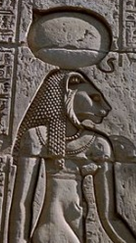 Sekhmet (“The Mighty One”), lioness goddess of ancient Egypt, spread terror with her bloody rampages. Yet she became the protector of kings and a favorite personal goddess of millions of Egyptians.
Sekhmet (“The Mighty One”), lioness goddess of ancient Egypt, spread terror with her bloody rampages. Yet she became the protector of kings and a favorite personal goddess of millions of Egyptians.
Why did Egyptians have a goddess who required such assiduous and even obsessive propitiation? Why did other Egyptian goddesses play roles similar to Sekhmet’s? What explains Sekhmet’s dual nature as destroyer and protector? Why did Egyptians call her the Eye of Ra? Why did she originally appear with an oval disk on her head?
We now have good answers to these questions. But in order to understand them, we need to see why we should think that Sekhmet was Planet Venus. And that requires us to investigate a major case of scientific rejectionism.
Tags: Ancient Egypt, Bastet, Bronze Age catastrophes, Egyptian medicine, Hathor, isis, Mars, Mut, myth, Ra, Sekhmet, Tefnut, Velikovsky, venus
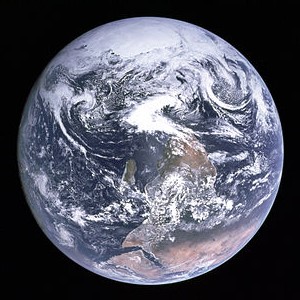 There are good reasons to think that Earth has turned over on various occasions. But who can be surprised that this perception—so removed from everyday experience—seems less than instantaneously persuasive?
There are good reasons to think that Earth has turned over on various occasions. But who can be surprised that this perception—so removed from everyday experience—seems less than instantaneously persuasive?
The good reasons include telling evidence in narrative testimony and correctly interpreted myths of the ancients, embedded patterns in ancient cultures that give evidence of inversions, and the insights and arguments of two formidable researchers. Now we can: add new reasons that strengthen the case; specify the approximate dates of four inversions; extend the theory to the five great mass extinctions of prehistory; comprehend that Earth is actually prone to inversion; and point to where to find more evidence. Understanding inversions helps us correct errors in interpreting past planetary and Earth science while providing clues relevant to climate change.
Tags: Ancient China, Archer Yi, Bronze Age catastrophes, Earth, geomagnetism, inversion of Earth, magnetic reversals, Mars, mass extinctions, Pacific Basin, terrestrial, tippe top, Velikovsky, venus, Warlow
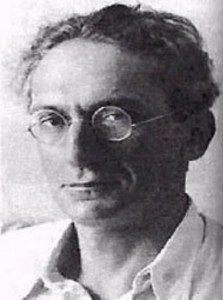 Based on his interpretation of ancient sources, Immanuel Velikovsky argued famously that Venus had emerged from Jupiter as a comet; interacted with the Earth and Mars in the second and first millennia BC, causing the Bronze Age catastrophes; and then finally settled into a nearly circular orbit of the Sun.
Based on his interpretation of ancient sources, Immanuel Velikovsky argued famously that Venus had emerged from Jupiter as a comet; interacted with the Earth and Mars in the second and first millennia BC, causing the Bronze Age catastrophes; and then finally settled into a nearly circular orbit of the Sun.
Three lines of reasoning support a Revised Venus Theory.
First, instead of the various unpersuasive suggestions that Velikovsky and others have made for how a cometary Venus could have emerged from Jupiter, we should consider the possible consequences of the immense gravitational field of Jupiter, which pulls toward it a stream of asteroids and comets, as with Shoemaker-Levy 9 in 1994.
Tags: Abu Simbel, Athena, Black Drop, Great Serpent Mound, Jupiter, Mars, Metis, Nefertari, planetary science, Poseidon, Ramses II, tidal locking, Velikovsky, venus, Zeus
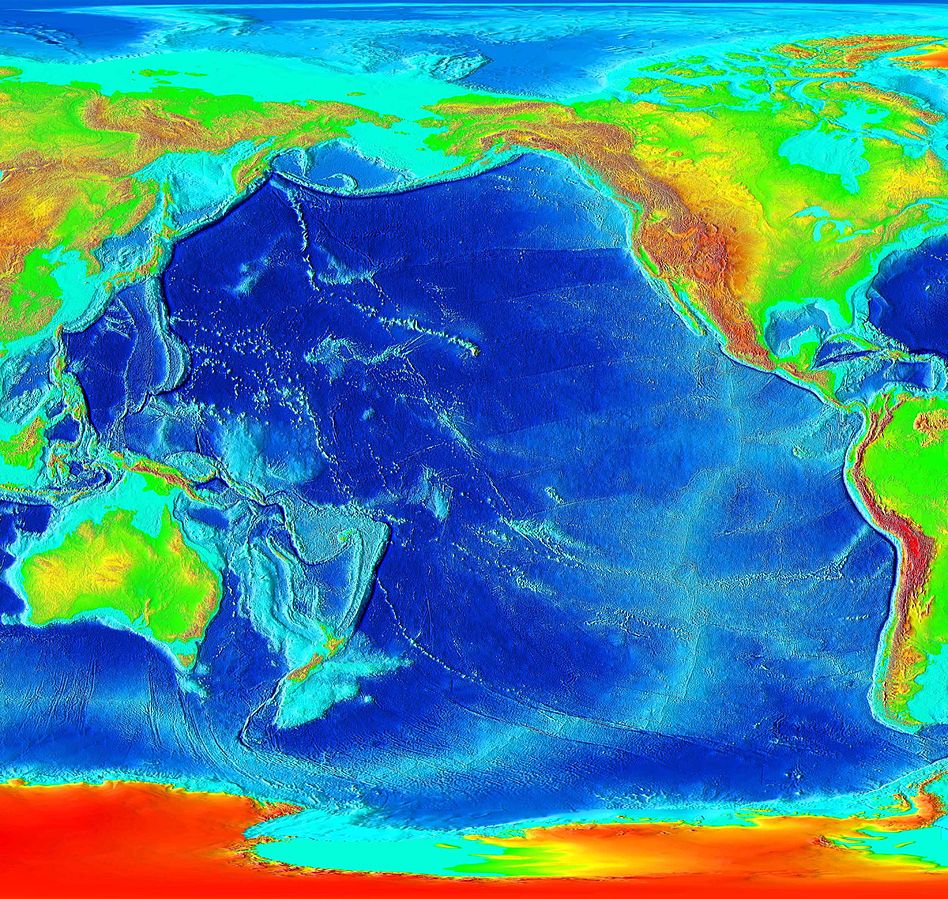
There are good reasons to think that Earth and Mars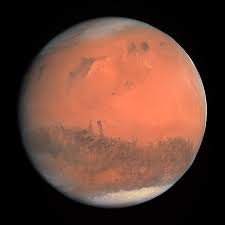 originally formed a single planet outside the orbit of Jupiter. Early in Solar System history, Jupiter’s powerful gravitational field pulled this planet past the gas giant. As the planet neared Jupiter, tidal friction heated it to the melting point, and Jupiter tore Mars away from Earth, leaving the Pacific Basin and an array of evidence on both planets. Earth and Mars then sped off into the inner solar system.
originally formed a single planet outside the orbit of Jupiter. Early in Solar System history, Jupiter’s powerful gravitational field pulled this planet past the gas giant. As the planet neared Jupiter, tidal friction heated it to the melting point, and Jupiter tore Mars away from Earth, leaving the Pacific Basin and an array of evidence on both planets. Earth and Mars then sped off into the inner solar system.
How Do We Know This?
Tags: Earth, earth science, geomagnetism, Hawaiian Islands, hotspots, Mars, moon, Pacific, planetary science, plate tectonics, plumes, seismography, volcanism
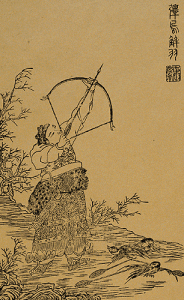 What reality lay behind ancient China’s flood legends? Who was the Yellow Emperor? Who was Archer Yi, what was his vermilion bow, how did he shoot down nine of ten suns, and why were there ten suns in the first place?
What reality lay behind ancient China’s flood legends? Who was the Yellow Emperor? Who was Archer Yi, what was his vermilion bow, how did he shoot down nine of ten suns, and why were there ten suns in the first place?
We now know the answers to these and other questions about ancient China. These answers can lead us to a new understanding of Chinese history, of the worldwide Bronze Age catastrophes, and of the history of climate change.
Tags: Ancient China, archaeoastronomy, Archer Yi, Bronze Age catastrophes, climate change, Jingwei bird, Liangzhu, Longshan, Mars, myth, Shang, stone ladders, Taidong, Taosi, Teotihuacan, tsunamis, Velikovsky, venus, Western Zhou, Xia, Yellow Emperor, 灾难和气候变化中国古代
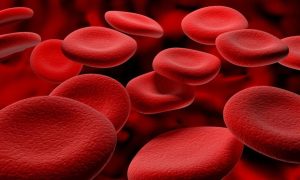
Acting in a coherent fashion, the red blood cells play a much more important role in life processes than is commonly known.
The red blood cells’ unique, remarkable role in oxygen and carbon dioxide transport sharply distinguishes them from the body’s other cells. So do their anaerobic energy metabolism, peculiar biconcave shape, 120-day life cycle (with 2,000,000 new RBCs formed every second), iron content, and extremely high hemoglobin content (roughly 270 million hemoglobin molecules are packed into each one of 25 trillion RBCs). While their counterparts in many vertebrates and invertebrates retain the nuclei and organelles that mammalian RBCs eject in the course of maturation, the erythrocyte group in general exhibits certain “prokaryotoid” characteristics,
Tags: astrocyte, biophotonics, consciousness, dermal optics, erythrocyte, magnetoreceptor, neuroscience, psi receptor, red blood cell

Rosemarie, A Novel of Discovery Science
As she struggles with a rare disease at the American Embassy in Turkey, philosopher Rosemarie devises a theory of the red blood cells. Acting as a metacolony in real time, they constitute the Original Intelligence of humankind’s pre-neuronal ancestors and possess remarkable properties. Peculiar dreams lead Rosemarie to other theories. They also warn of terrorist attacks. Her diplomat husband is wounded fighting off jihadists. The ambassador is smitten by her charms. A CIA psychiatrist stigmatizes her with a fraudulent diagnosis. Entranced by a Turkish folktale, Rosemarie befriends a handsome young Turk….
Readers say:
“Excitement and intellectual depth.”
“The ending was very satisfying.”
“[I]t’s a good read and I recommend it.” (Goodreads)
Goodreads rating: 4.5 stars
See the author’s biosketch at About Us.
Tags: Biophotonic Therapy, cellular basis of consciousness, discovery science, Dreams, magnetoreceptor, Martian Theory of Mass Extinctions, Outer Solar System Origin of the Terrestrial Planets, philosophical counseling, psychic, Psychology, scientific theory, terrorism, Theory of the Red Blood Cells, ultrasensitive psi receptor, Velikovsky
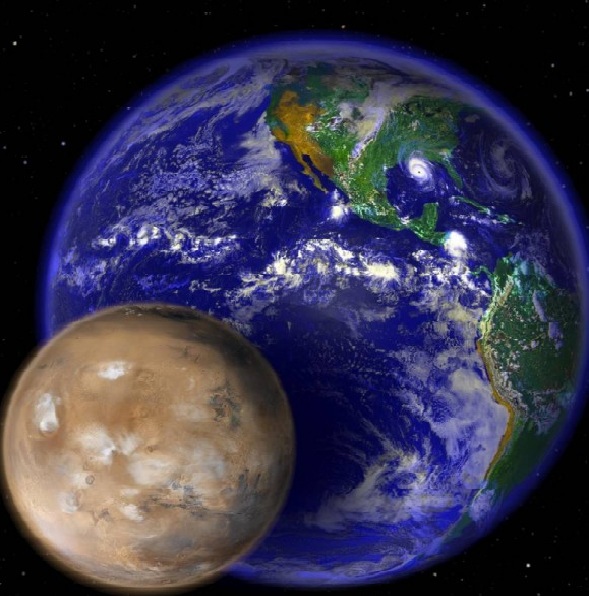 There’s no shortage of candidates for the cause of the mass extinctions of prehistory. But experts have found flaws in every one.
There’s no shortage of candidates for the cause of the mass extinctions of prehistory. But experts have found flaws in every one.
Asteroid impact at Chicxulub, Yucatan clearly played a role in the Cretaceous-Paleogene (K-Pg) extinction that wiped out the non-flying dinosaurs 66,000,000 years ago, though scientists point to the serious disruptions that had begun hundreds of thousands of years before with the basalt flows of the Deccan Traps. Giant basalt lava flows that poisoned the atmosphere and oceans played a role in four or perhaps all five major extinctions. But other enormous basalt flows have not caused extinctions, nor did they cause the tsunamis associated with various extinctions. Researchers have suggested many other mechanisms, but there’s no consensus at all.
Lurking in the background, however, is a quite plausible cause, one that would have possessed the power to set off the volcanic activity, air pollution, mass wasting, sea level shifts, loss of oxygen in oceans, climate changes, and other phenomena associated with the extinctions.
The Martian Theory
Tags: catastrophe, Chicxulub, climate change, Deccan Traps, dinosaurs, earth science, extinctions, geology, great mass extinctions, Mars, paleontology, planetary science, prehistory, tsunamis, Valles Marineris
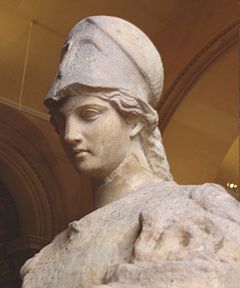

When Venus first appeared in the skies around 2525 BC, ancient peoples worldwide strove to come to terms with this brilliant and awesome new comet-planet (the best account is in Immanuel Velikovsky, Worlds in Collision, though it has been corrected in a Revised Venus Theory). That meant assigning the deity a gender and a name.
In the Near East, they tried both genders. In its masculine incarnation, Venus became the Bull of Heaven (as Velikovsky pointed out, the comet-planet’s body blocked the sun’s rays from the central portion of its tail and thus it was seen as having two horns). In its feminine version, Venus was called Ishtar or Astarte; and in the Levant Astarte was depicted with serpents in her hands—the twin tails of the comet.
In Greece, according to Velikovsky, planet Venus was originally named Athena.
Tags: ancient history, Athena, Bull of Heaven, crete, etymology, Gilgamesh, Greece, Jupiter, Linear B, Master Impression, minoan, Minotaur, Mycenaean, mythology, Phoenicia, planetary science, Poseidon, science, Snake Goddess, Velikovsky, venus
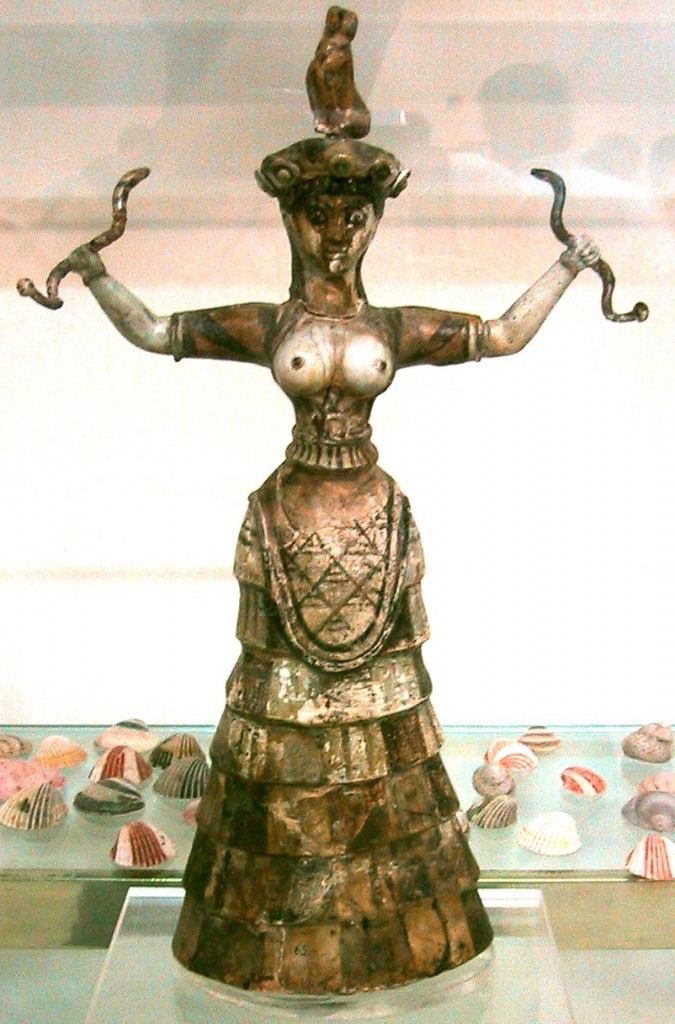 The famous Snake Goddess of ancient Crete has long attracted students of history and art. Elegant, risquée, enigmatic, she embodies the mystery and allure of Minoan civilization.
The famous Snake Goddess of ancient Crete has long attracted students of history and art. Elegant, risquée, enigmatic, she embodies the mystery and allure of Minoan civilization.
Tags: Ancient Greece, Ancient Near East, art, Astarte, crete, iconography, Ishtar, isis, minoan, Minoan snake goddess, planetary science, Velikovsky, venus
 Sekhmet (“The Mighty One”), lioness goddess of ancient Egypt, spread terror with her bloody rampages. Yet she became the protector of kings and a favorite personal goddess of millions of Egyptians.
Sekhmet (“The Mighty One”), lioness goddess of ancient Egypt, spread terror with her bloody rampages. Yet she became the protector of kings and a favorite personal goddess of millions of Egyptians.




 originally formed a single planet outside the orbit of Jupiter. Early in Solar System history, Jupiter’s powerful gravitational field pulled this planet past the gas giant. As the planet neared Jupiter, tidal friction heated it to the melting point, and Jupiter tore Mars away from Earth, leaving the Pacific Basin and an array of evidence on both planets. Earth and Mars then sped off into the inner solar system.
originally formed a single planet outside the orbit of Jupiter. Early in Solar System history, Jupiter’s powerful gravitational field pulled this planet past the gas giant. As the planet neared Jupiter, tidal friction heated it to the melting point, and Jupiter tore Mars away from Earth, leaving the Pacific Basin and an array of evidence on both planets. Earth and Mars then sped off into the inner solar system. What reality lay behind ancient China’s flood legends? Who was the Yellow Emperor? Who was Archer Yi, what was his vermilion bow, how did he shoot down nine of ten suns, and why were there ten suns in the first place?
What reality lay behind ancient China’s flood legends? Who was the Yellow Emperor? Who was Archer Yi, what was his vermilion bow, how did he shoot down nine of ten suns, and why were there ten suns in the first place?


 There’s no shortage of candidates for the cause of the mass extinctions of prehistory. But experts have found flaws in every one.
There’s no shortage of candidates for the cause of the mass extinctions of prehistory. But experts have found flaws in every one.
